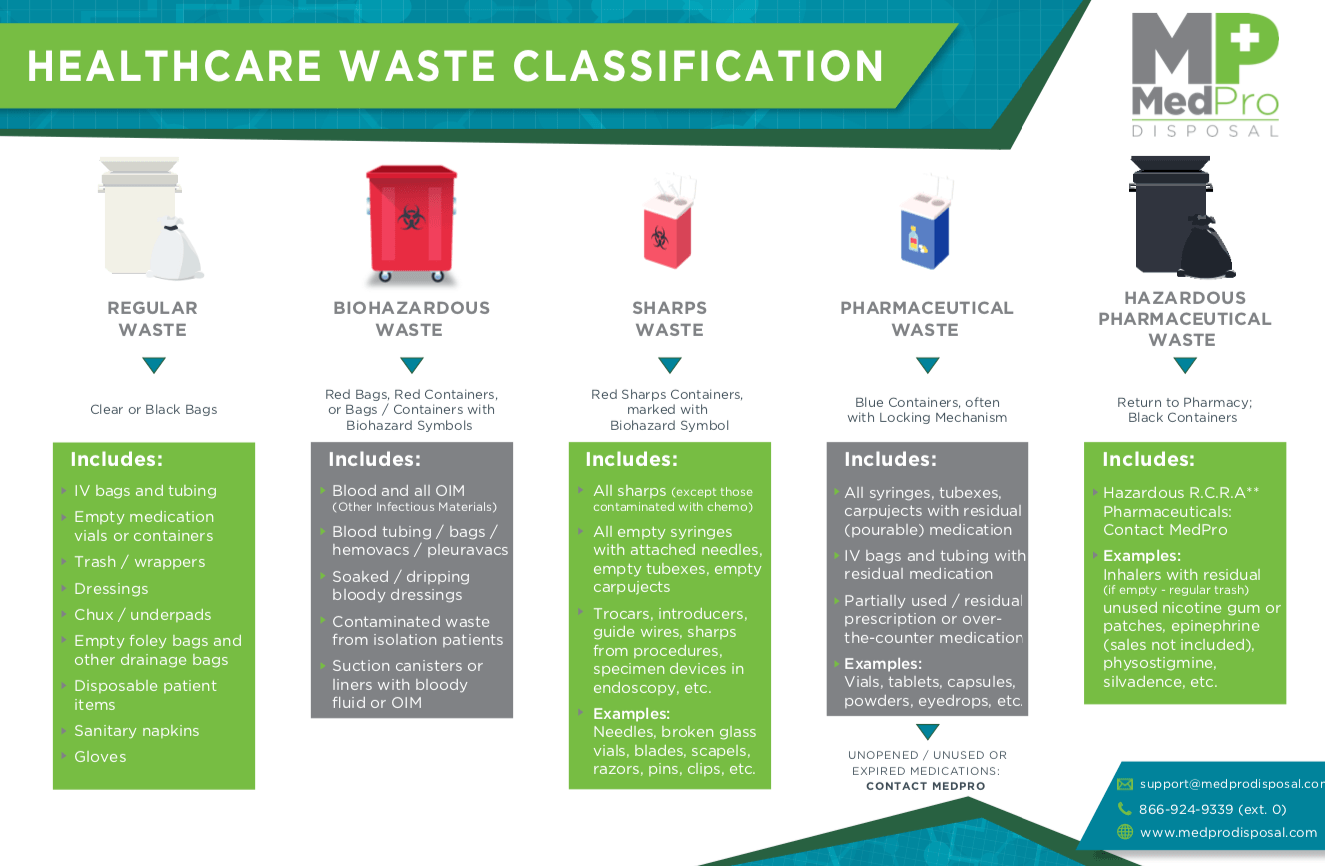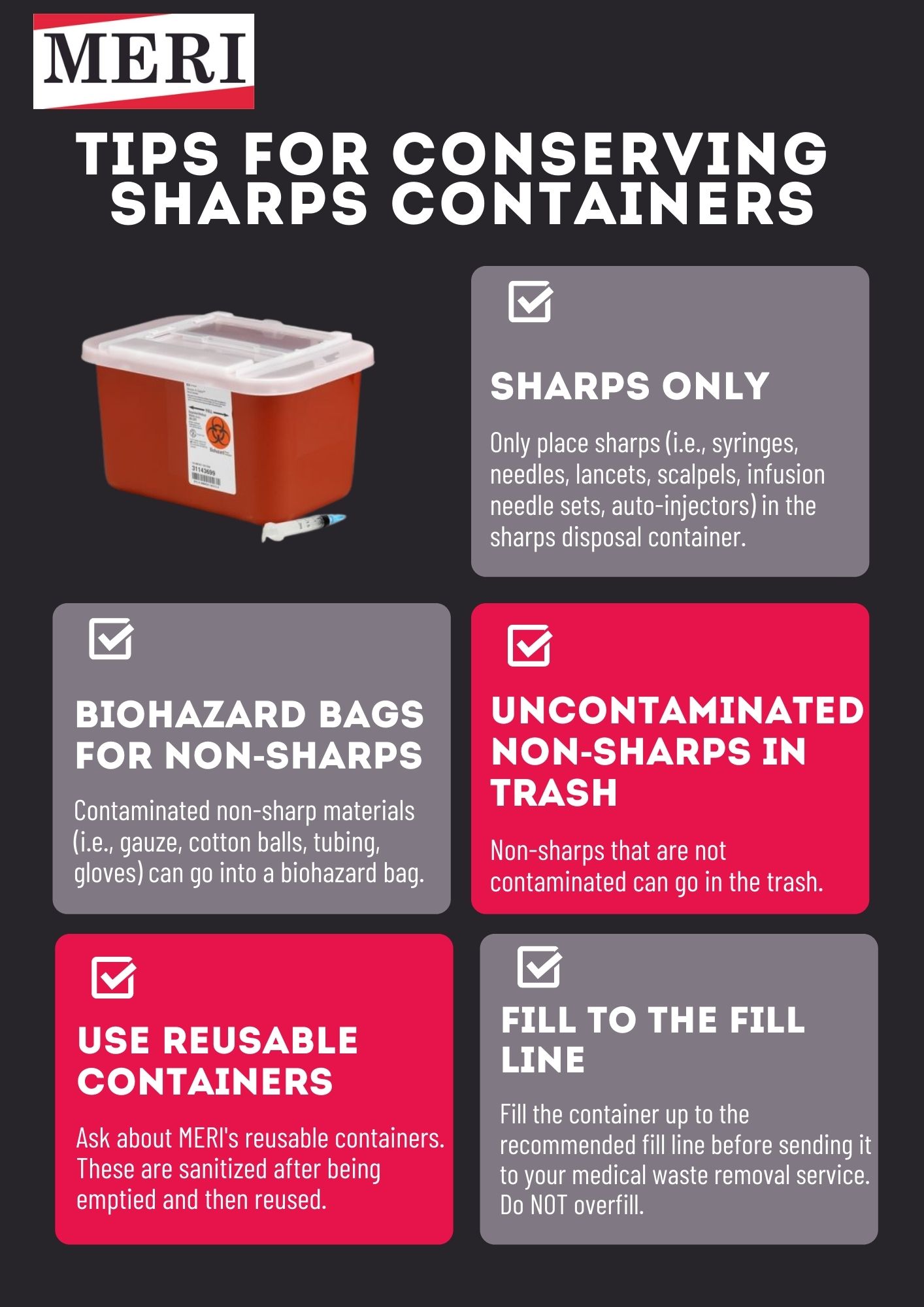Local Commitment: Your Community's Leading Medical Waste Removal Near Me
Local Commitment: Your Community's Leading Medical Waste Removal Near Me
Blog Article
Recognizing the Different Kinds Of Waste Disposal Strategies
In the world of waste management, the array of disposal methods offered today is substantial and differed, each method serving a distinct function in addressing the difficulty of garbage disposal. click here. From recycling techniques that intend to give new life to products, to the intricate processes of contaminated materials administration, the landscape of garbage disposal is intricate yet essential for environmental sustainability. Comprehending the subtleties of these various strategies not only loses light on the importance of responsible waste management however likewise triggers us to reconsider our technique in the direction of garbage disposal in a swiftly advancing globe

Recycling Approaches
Reusing methods are crucial for lasting waste administration practices in both commercial and property settings. medical waste disposal. By carrying out efficient recycling approaches, a considerable quantity of waste can be diverted from land fills, saving natural deposits and decreasing the environmental impact of production processes
In suburbs, curbside recycling programs play an essential role in motivating homes to different recyclable materials from basic waste. Products such as paper, plastics, glass, and metals can be arranged and collected for processing right into new products, lowering the need for resources and energy-intensive production processes.
Industrial centers also depend on reusing methods to lessen waste generation and advertise a circular economic climate. By applying closed-loop systems, companies can recycle products within their production processes, minimizing costs and environmental impact. medical waste removal. Furthermore, commercial recycling programs often involve partnerships with specialized reusing centers to make certain that materials are correctly sorted, refined, and rehabilitated right into the supply chain
Composting Strategies

Oxygenated static heap composting includes mixing natural waste materials in a huge stack and routinely transforming it to make sure proper oygenation. This method is reliable for massive composting procedures. On the other hand, vermicomposting makes use of earthworms to break down raw material right into nutrient-rich castings. This strategy is appropriate for smaller-scale procedures and households.
In-vessel composting includes positioning natural waste in a shut container with controlled conditions for temperature and oygenation. Windrow composting consists of creating long rows of natural waste and routinely turning them to promote decay - medical waste removal service.
Garbage Dump Disposal
Garbage dump disposal is a frequently made use of technique for handling waste that can not be recycled or composted. Methane gas, a result of decaying natural waste in land fills, is commonly collected and used as a source of renewable power. Efforts to decrease reliance on land fills include promoting waste decrease, recycling, and exploring different waste disposal techniques to reduce the environmental impact connected with traditional land fill disposal techniques.

Waste-to-Energy Incineration
Incineration of waste for energy generation is a technique increasingly being thought about as an option to standard landfill click here disposal techniques. Waste-to-energy incineration includes the burning of waste products at heats, normally in specialized centers designed to generate electrical energy or warmth through the process - click here. This technique not only minimizes the quantity of waste that would otherwise be predestined for land fills but likewise uses the heat produced throughout incineration to develop power
One of the essential benefits of waste-to-energy incineration is its capacity to generate electrical power while decreasing the ecological impact compared to traditional land fill disposal approaches. By transforming waste into energy, this method assists in minimizing greenhouse gas exhausts and dependence on fossil gas for energy generation. Additionally, waste-to-energy facilities are furnished with innovative air pollution control technologies to mitigate potential environmental contaminants released throughout the burning procedure.
Contaminated Materials Monitoring

Taking into consideration the essential relevance of liable waste monitoring techniques, specifically in the world of ecological sustainability, the focus now changes in the direction of the detailed domain name of Hazardous Waste Management. Contaminated materials poses substantial dangers to both human health and wellness and the atmosphere, requiring customized handling and disposal strategies. Usual examples of hazardous waste consist of chemicals, batteries, chemicals, and electronic waste.
Unsafe Waste Administration involves the recognition, collection, transportation, treatment, and disposal of products considered potentially hazardous or hazardous. This procedure needs adherence to strict laws and guidelines to mitigate negative effect on ecological communities and public health and wellness. Various techniques are employed in taking care of contaminated materials, consisting of recycling, safe landfills, encapsulation, and chemical treatment.
Correct Harmful Waste Monitoring is vital for avoiding contamination of dirt, water sources, and air pollution. It is crucial for industries, research laboratories, healthcare facilities, and various other generators of contaminated materials to carry out durable management techniques, training programs, and emergency situation response prepares to make sure the secure handling and disposal of these materials. Failure to handle contaminated materials appropriately can have significant effects, emphasizing the importance of persistent and liable practices in this field.
Final Thought
In final thought, waste disposal methods play an important role in managing and decreasing the influence of waste on the atmosphere. It is crucial for individuals and sectors to comprehend the different waste disposal techniques readily available and pick the most proper method for sustainable waste monitoring.
In the realm of waste management, the selection of disposal methods offered today is vast and differed, each technique serving a distinctive function in addressing the obstacle of waste disposal. click here. From reusing techniques that aim to offer brand-new life to materials, to the intricate procedures of harmful waste administration, the landscape of waste disposal is complex yet crucial for ecological sustainability. Comprehending the nuances of these various methods not just drops light on the significance of responsible waste monitoring but additionally triggers us to rethink our strategy towards waste disposal in a rapidly progressing world
Initiatives to minimize reliance on garbage dumps include advertising waste reduction, reusing, and exploring different waste disposal techniques to decrease the environmental impact connected with typical garbage dump disposal techniques.
It is crucial for sectors and individuals to recognize the different waste disposal strategies available and pick the most suitable method for sustainable waste administration.
Report this page